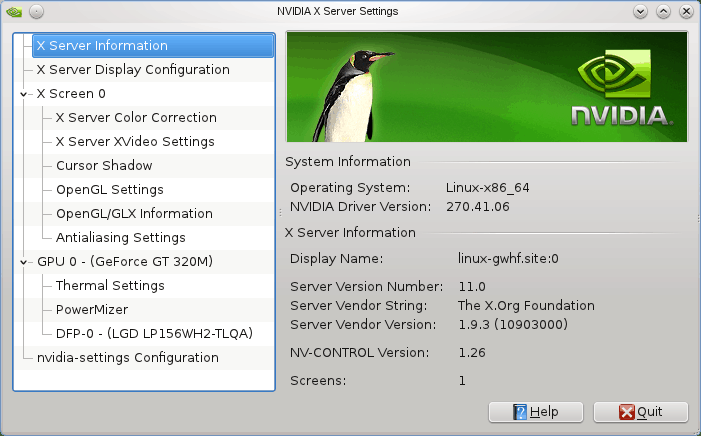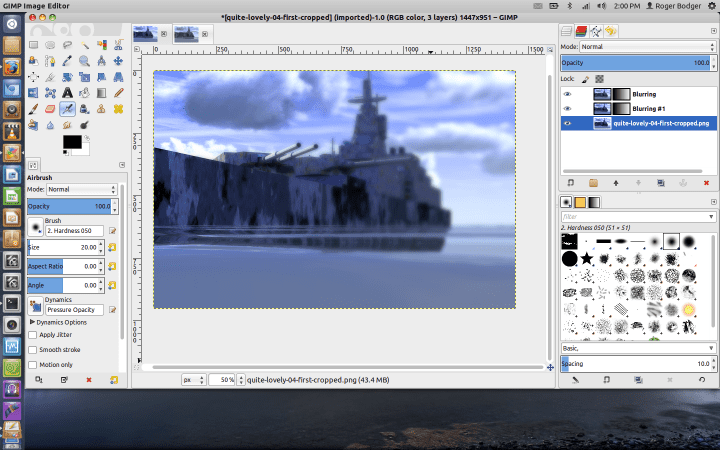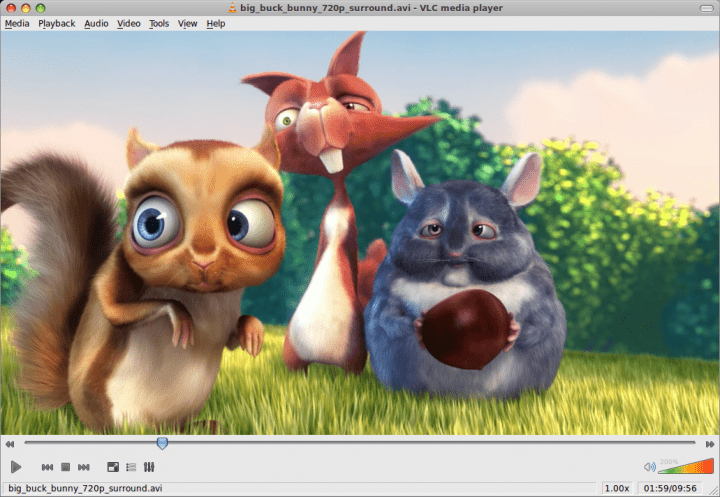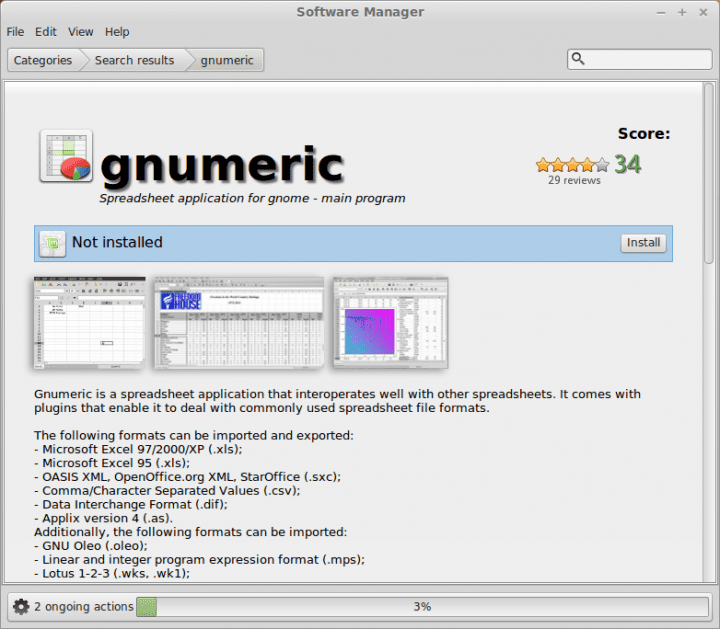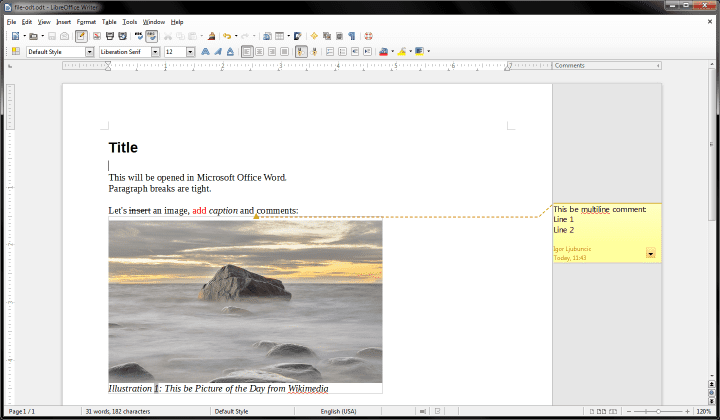From Windows to Linux, Part 4: Devices & Drivers
September 20th, 2014 by Dedoimedo
Our tutorials on Windows to Linux migrations are slowly getting progressively more complex. We started with the office applications, a well familiar field, continued with media codecs and software, and finished with the third article, which covered the gaming side. Now, we will jump into the realm of drivers and devices. But there’s more. Unlike the previous three guides, in this one, I am going to show you not just how easy the transition is, and how successful you can be when you follow all the steps, I am also going to demonstrate failure. Not always is the migration simple… Continue Reading
Top ten alternative software
August 27th, 2014 by Dedoimedo
Let’s have a short break from the more tutorialesque side of articles on Windows to Linux migration. Only not quite. We will remain in the realm of this delicate subject, but rather than discussing specific topics, like mail, office and others, we will generalize. In other words, should a friend ask you, what software they can run in Linux, you will point them here. The idea is not just to list software they can have when moving to a new operating system. It’s about providing the exact same functionality that they used to have. Satisfying their needs so they will… Continue Reading
From Windows to Linux, Part 2: Multimedia applications
July 21st, 2014 by Dedoimedo
Welcome to the second article in the series, one which teaches the wonders of migration from Windows to Linux in small, easily digestible chunks, with step by step instructions and a plenty of great tips to get you cozily underway. In the first piece, we discussed office programs, how they can be installed and used, both from official application stores as well as manual downloads and setups. We learned how to use the Software Center in Linux Mint, and we repeated all our actions from the command line, too. Today, we will focus on multimedia programs. Namely, how to get… Continue Reading
From Windows to Linux, Part 1: Office applications
July 14th, 2014 by Dedoimedo
After reading my Ultimate guide to Linux for Windows users, a handful of people emailed me their suggestions on how the guide can be extended and improved. They offered some ideas that might work in a comprehensive book, and others that fit much better as standalone articles. And that’s why we are here, to start a series of tutorials on making the Windows to Linux conversions less painful. I deliberated quite a lot on how to make this happen. Naturally, I ought to choose a single distribution, and stick with it, so that users can sort of relate to my… Continue Reading
Windows user, wanna try Linux? Checklist.
April 23rd, 2014 by Dedoimedo
Are you a Windows user who has heard of Linux and is considering trying this new operating system? Very good. You have made a very wise decision. Not the test itself, although it may be a pleasant experience, but the very fact that you have opened up your mind to new possibilities. That in itself is worth its weight in gold. But before you do anything, let me dampen your mojo a little. Your Linux experience will be inversely proportional to your expectations, as well as your level of preparedness. So, if you want to test Linux, maybe even move… Continue Reading
LibreOffice vs. Microsoft Office, Part Deux
March 14th, 2014 by Dedoimedo
I would like to apologize in advance. This article is going to feature screenshots taken on a Windows 7 machine only, which might strike you as odd, given the fact this is a Linux-related topic we are discussing here. But it is exactly why we will use Windows. Nothing like pitch black to demonstrate pure white. Or the other way around. Indeed, LibreOffice 4.2 has been officially released, and it’s a major one. This latest edition of the most popular free, open-source office suite comes with a range of new options, tons of speed improvements, a variety of fixes, and… Continue Reading
Netflix and Linux
March 11th, 2013 by Luis Augusto Fretes Cuevas
There’s a simple workaround to use Netflix in Linux, it isn’t perfect or very stable, and according to some it doesn’t always work, still, if you scroll down you can find instructions to install it. Look, I think we all should understand that Linux represents a very small portion of the desktop user base of any product, so we shouldn’t feel entitled to get all services other vastly more popular operating systems are getting, instead we should celebrate when an important service hits Linux, like Steam. One of the best developments to happen to open source, and that Linux users… Continue Reading
Linux and the Chromebook Pixel
March 4th, 2013 by Luis Augusto Fretes Cuevas
Google recently released its first Google laptop. It took the world by surprise, while there was a leak a few days before the device was still far from confirmed and even further from expected. ChromeOS is used in many low-end laptops, Chromebooks have pretty much become the successors of netbooks. However, the Pixel is different: instead of being akin to netbooks it’s more like a high-end ultrabook, a new category of its own. I’ve argued before that Linux has yet to have a significant impact in the desktop operating system market not because it traces behind in any significant way technologically… Continue Reading

